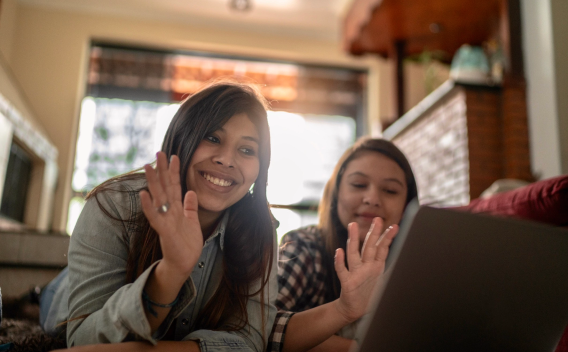By
Published
August 2, 2019
Tags
It’s been a couple of months since I attended The Collaboratory, a gathering of activists and innovative Jewish professionals in North America, many of whom are ROI Community members. More than 400 people came together in Brooklyn, New York for three engaging days.
The mingling and networking had me on a high (and exhausted…by the time my return flight to Israel took off, I was in such a deep sleep that I missed dinner and that NEVER happens!), and the content left me inspired and eager to apply some very practical takeaways.
Below are six of the many lessons I learned from keynote speaker Priya Parker, author of The Art of Gathering—a highly recommended read for those who have a hand in designing and leading gatherings:
1. Gather with purpose. As ROI Community Manager, I help to bring people together as part of my job. But until hearing Priya Parker speak, I never realized it is also something I do all the time as an individual. This is true for many of us; we often gather people for parties, staff meetings, family vacations, Shabbat meals, and this list goes on.
Priya emphasized the importance of being intentional and setting a purpose for our gatherings, no matter the occasion. She made it clear that simply calling something a networking event or a party is not enough to ensure its success. Instead, we need to actively spur the interactions we hope to create. For example, if you’re creating a networking event, consider opening with a series of questions aimed at getting group conversations going.
2. Ask for people’s stories as opposed to their opinions. Oftentimes, we learn a lot about a person just from hearing them share a personal story. While stories provide a window of insight into a person’s beliefs and opinions, they also foster a sense of intimacy, breaking down some barriers and inviting authenticity and vulnerability. Stories are proven to be more memorable and more powerful than other messages.
Tip: If you offer participants the chance to be vulnerable, make sure to reflect on and acknowledge what has been shared—don’t leave participants hanging
3. Make the implicit, explicit. Whether we do it consciously or subconsciously, we enter a social contract when we gather. Many times, we simply assume others will have the same expectations as we do regarding what is or is not appropriate behavior, which is why discussing “rules of engagement” is vital. The process does not have to feel heavy, it can be positive and playful. Ultimately, being explicit will help to level the playing field of interactions and provide a framework that enables participants to get down to business faster, more easily and more effectively.
4. Humor. Use it. Priya Parker asked, “How do you hold the heat?” That is, when conversations become tense, how can you, as a facilitator, intervene to make sure participants don’t lose sight of the gathering’s goals? Consider the use of comedy (of course, make sure it’s appropriate!).
Resource: You can download this guide, created by a team of ROI Community members who lead Comedy for Change, for some innovative ideas on how to use comedy to diffuse or reduce tension and achieve productivity.
5. Consider the idea that you are awesome, and that you suck. As a facilitator, present confidently but be sure to balance your content and demeanor with humility.
6. Never start (or end!) a gathering with logistics. You have people’s attention for the first few minutes and then it drops significantly. Use the opportunity to engage them in a meaningful way. Begin and conclude sessions with purpose.
So there we have it, a few brief takeaways from an enriching encounter with a master facilitator. There are more insights to gleam from Priya Parker’s book and seeing her in action was a gift and in retrospect, also feels like a must.
Thanks to my time at The Collaboratory, I am ever-more aware that people want to connect and are relying on perceptive organizers and facilitators to lay the groundwork for a worthwhile and meaningful experience. From one gatherer to the next, I wish you good luck—we’ve got this!





